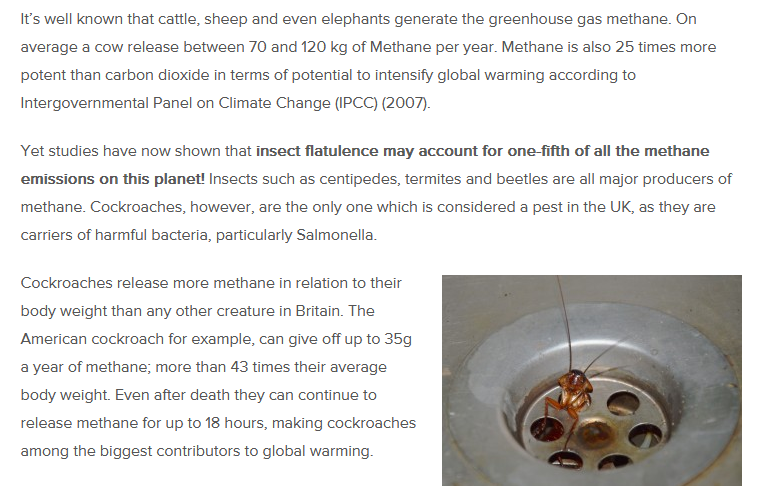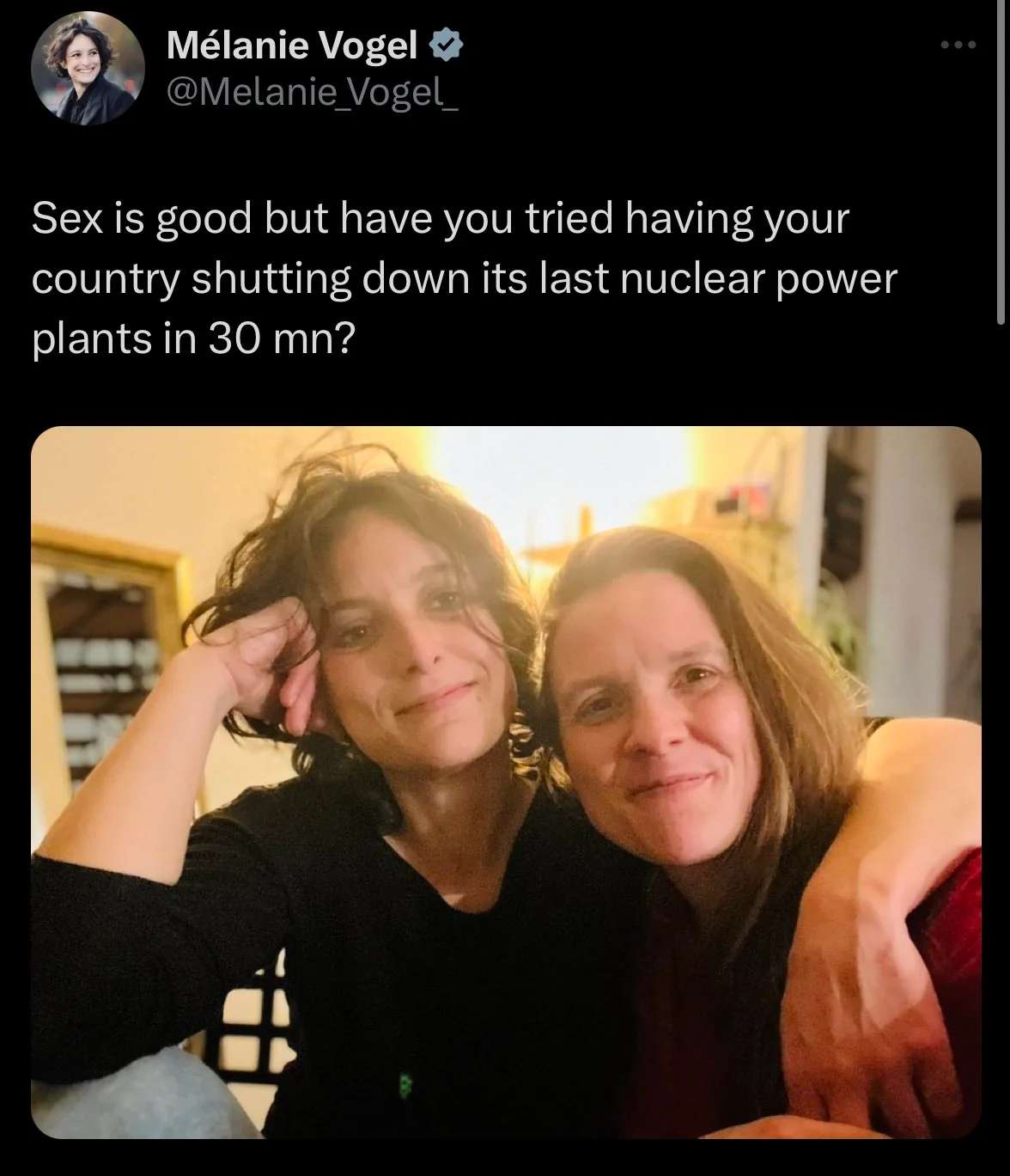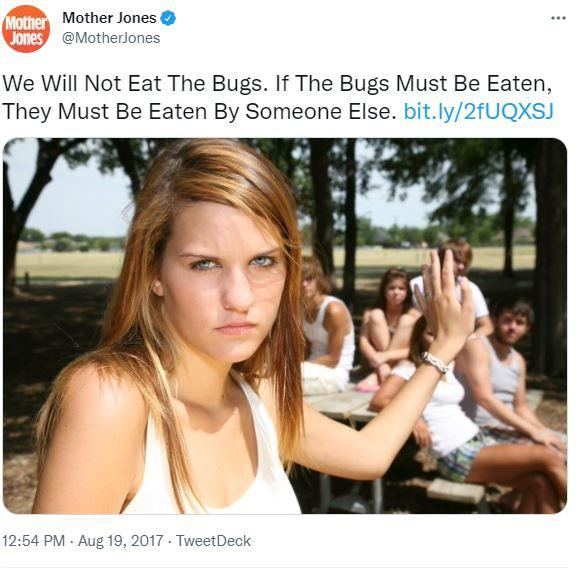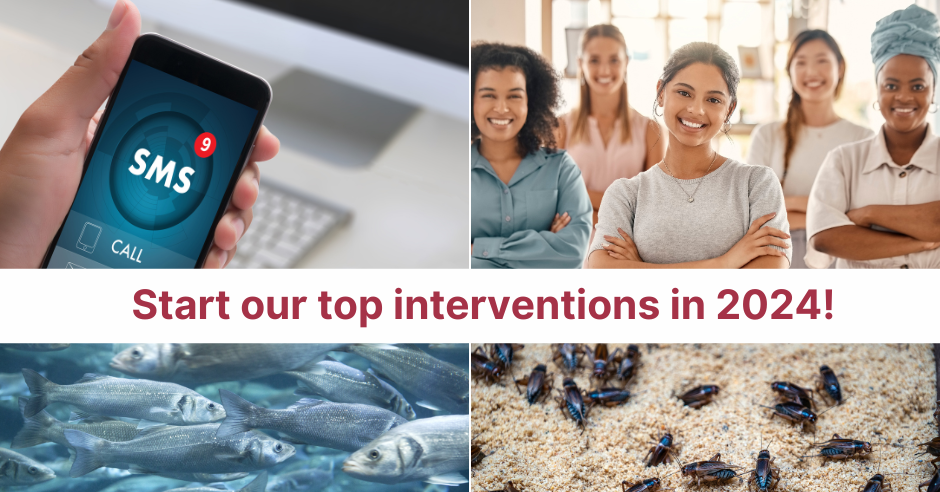

As part of Charity Entrepreneurship's 2023 Top Ideas contest, will we select "Preventing the takeoff of insect farming" as a top Preventive Animal Welfare intervention?
Idea overview
The primary objective of this charity is to thwart the rapid rise of insect farming, which is anticipated to become a major source of animal feed in agriculture. To achieve this, the charity may advocate for policies or launch corporate campaigns targeting animal farmers, discouraging them from using insects as feed. Additionally, the organization could run negative campaigns against insect usage, raising awareness about the potential consequences and promoting alternative solutions.
Preventive animal welfare
This year our focus is on interventions and policies that prevent future harms done to animals, as opposed to solving current problems. We will be looking for interventions that, as well as having some short run evidence of impact, will prevent future problems, i.e., have the biggest impact on farmed animals in the future, say 35 years from now.
We intend to select 2-4 ideas out of the 10 presented to recommend to entrepreneurs who enter our incubation program. This market resolves YES if this idea is chosen; NO otherwise.
About the contest
In partnership with Charity Entrepreneurship, Manifold is sponsoring a $2000 forecasting tournament to inform which ideas end up selected
You can win part of a $1000 prize pool as a forecaster, for best predicting which interventions we choose.
You can win one of ten $100 prizes for posting an informative comment on Manifold that most influences our decision.
For contest details and all markets, see the group CE 2023 Top Ideas.
🏅 Top traders
| # | Trader | Total profit |
|---|---|---|
| 1 | Ṁ3,910 | |
| 2 | Ṁ3,025 | |
| 3 | Ṁ1,334 | |
| 4 | Ṁ554 | |
| 5 | Ṁ359 |
Oops wasn't paying attention to close dates, sry
Here are some quick thoughts. Pls lmk if you want more. I am time constrained atm but willing to talk more about this because I think it is disappointingly neglected in the current EA landscape. In fact, I think I agree with Abraham Rowe here that “not working on insect farming over the last decade may come to be one of the largest regrets of the EAA [Effective Animal Activist] community in the near future.”
Other relevant blog post: https://magnusvinding.com/2022/09/10/the-catastrophic-rise-of-insect-farming/#could-we-have-done-better
Yes, the Cephalopod stuff would be a nice potentially easy win. Arguments that it is more urgent than eg insect farming don't really seem true to me however. Ask the average person on the street if they think Octopuses are intelligent and deserve moral consideration and shouldn't be factory farmed. I think you will get a lot of people saying "Yes of course, I watched "My Octopus Teacher" on Netflix, factory farming them would be really bad and I would not support it". While this may mean it is more tractable. It also means lock-in, while still a concern, is nowhere near lock-in you could get for insects.
So I'm not sure how much it actually gets you. It's a nice stepping stone. But the main thing you win from it would probably just transferable policy skills that CE can leverage for other interventions. Not major counterfactual impact.
As EAs we should be taking risks on the harder, wayyy higher EV thing here (if you are not convinced EV is wayyyy higher, we can talk numbers if you really want. It's literally many orders of magnitude tho, should be pretty clear.)
Insect farming is currently supported by venture capital it would not survive alone. Lets keep it economically un-viable.
On tractability:
Seems like the main approach at the moment is introducing regulation (could be many small seemingly insignificant ones that add up. Allergy labeling, disease vector safety precautions, small welfare requirements) that make it that bit more economically unviable. Advocacy towards farmers already considering these alternative feeds that it is not worth the extra expense etc.
A lot of hype has been made about the environmental benefits. It seems very plausible that no-one actually checked that the numbers add up here.
Has anyone actually tested how much methane/CO2 is emitted by black soldier flies? (there is obviously some. There are only a handful of animals that do not fart! lol). And some insects we know emit a lot!

Presumably it is still somewhat methane negative if the counterfactual is truly food waste (which emits a lot when it breaks down). Tho perhaps when adding transportation & other non-waste feed etc into the picture it becomes much more murky. If it panned out that certain insect farming was actually methane/CO2 positive or perhaps even "worse" than cattle, this could be a VERY powerful narrative shift.
Neglectedness should be obvious again. I don't know anyone outside of "EA" who would care to work on this. This is our domain. Other people will work on eg octopus stuff eventually.
Scale, self explanatory. (The numbers are very scary)
On a first pass of the concerns, probably funding and finding good founders are at the top.
I was very impressed that Rethink managed to find someone as competent as Dustin for [this](https://www.insectinstitute.org/).
It must be stated, that the magnitude of EV at stake here requires (intelligent) diversification. Putting all our eggs in the Insect Institute basket over something so important is fool hardy.
If the new CE batch contains a founder(s) of sufficient fit. This option should be very seriously considered imo
https://www.popsci.com/article/science/chinas-cockroach-farms-are-glimpse-our-protein-future/
environmentalists choosing the animals with the highest methanogen densities on the planet to feed to already methanogen dense cows be like..

@GeorgeVii Congrats on winning the tournament btw! I’m also kind of hyped for this idea now and will probably have to apply lol
@1941159478 Thanks!
Cool to hear! Good luck with it. (Feel free to reach out if you want to bounce stuff off me or if I can help in anyway.)
The main reason I’m pretty positive on this proposal (and the silk and octopus ones) is that Charity Entrepreneurship already incubated the Fish Welfare Initiative and the Shrimp Welfare Project. They appear to be doing quite well judging by outside appearance. Seems like the base rate says to just keep going through the clades until every animal farmed has at least one charity explicitly looking out for it.
Also I just really like the idea! Seems all of important, ridiculously neglected and reasonable tractable.
@1941159478 On second thought, this idea might have been scooped a bit: https://www.insectinstitute.org
(I get the feeling it's probably an industry with a lot of "scammers" for lack of a better word. Those seeking personal gain from easy venture money, hopefully no true believers trying to eek out those efficiencies ruthlessly. Tho I havn't looked deeply to confirm, just a suspicion with general fake "for the environment" stuff)
I'd expect the continuing takeoff of cultured meat & nutritious vegan food to vastly override insect farming. So I can only imagine insect farming takeoff in case of extreme climate change and sunblock scenarios. However, in these scenarios, it's not clear that insect farming would be net-negative (particularly if conscious subsystems are true). So my decision to fund might hinge on what could be protein alternatives in extreme scenarios. If their price of production isn't far behind, this project could be good.
@GeorgeVii Oh, thanks for asking, my thoughts revolved around 1. the increased consideration of welfare of animals and climate change 2. food people might start to eat in course of space exploration. :)
Industrial agriculture would seemingly respond to actual incentives more than PSAs
Unsure about tractability
@PatMyron I actually think memes have done an excellent job of mitigating the decades-long, liberal-elite-facing articles advocating for insect eating.

@finnhambly I interpreted the description as targeting supply rather than demand; supply seems less preventable via negative campaigns
@PatMyron I agree with your point about supply being less preventable via negative campaigns, but the description says it'll be focused on reducing corporate demand, "discouraging [animal farmers] from using insects as feed" — i.e. putting them off feeding insects to their animals.
My greatest uncertainty in what a negative campaign would look like. Would the proposed downsides actually be convincing, or would it just publicise the advantages of putting insects in feed? From the farmers' perspectives, these are some of the pros:
Reduced environmental impact compared to other sources of protein used like soybeans or fishmeal (supposedly). It probably depends on what you're measuring, but I could imagine a vat full of insects wouldn't be very environmentally damaging even compared to plant sources.
Waste management and nutrient upcycling: I don't know how big of a deal this is, but I'd guess that you could recover protein from agricultural byproducts nicely, and insects could convert that back to easily-digestible protein.
Cost? I mean more options for improving/adjusting the nutrient composition of your feed is only going to help, right?
It's much harder to think of cons farmers might consider (I think the ethical concerns are valid, but I don't think that's going to be the key factor in farmers' decision making). GPT-4 helped me out with ideas:
Potential Disease Transmission: One potential risk associated with using insects in animal feed is the possibility of disease transmission. Insects can potentially harbor diseases that could infect the animals they're fed to.
Allergenicity: Some insects may cause allergic reactions in certain animals, which could lead to health issues if used in animal feed.
Public Perception and Acceptance: In some cultures and societies, there can be a significant "yuck factor" associated with the idea of eating insects or eating animals that have been fed on insects.
Only the last one seems compelling to me — would your customers really be happy to find out they're eating insect-fed beef rather than grass-fed beef? My point about memes was only meant to be tangential to this proposal ("I will not live in a pod and I will not eat the bugs!") but that does seem like the line you'd want to go down here: give insect-fed meat a bad image.
I'm still betting no on this, though. You might be able to say the insects in animal feed risks giving animals diseases, but chances are that a corporate campaign would only raise awareness of insect feed product (and many might conclude the benefits outweigh the costs).
@finnhambly most consumers don't even know what their food is eating, feels too indirect for most consumers to even know


